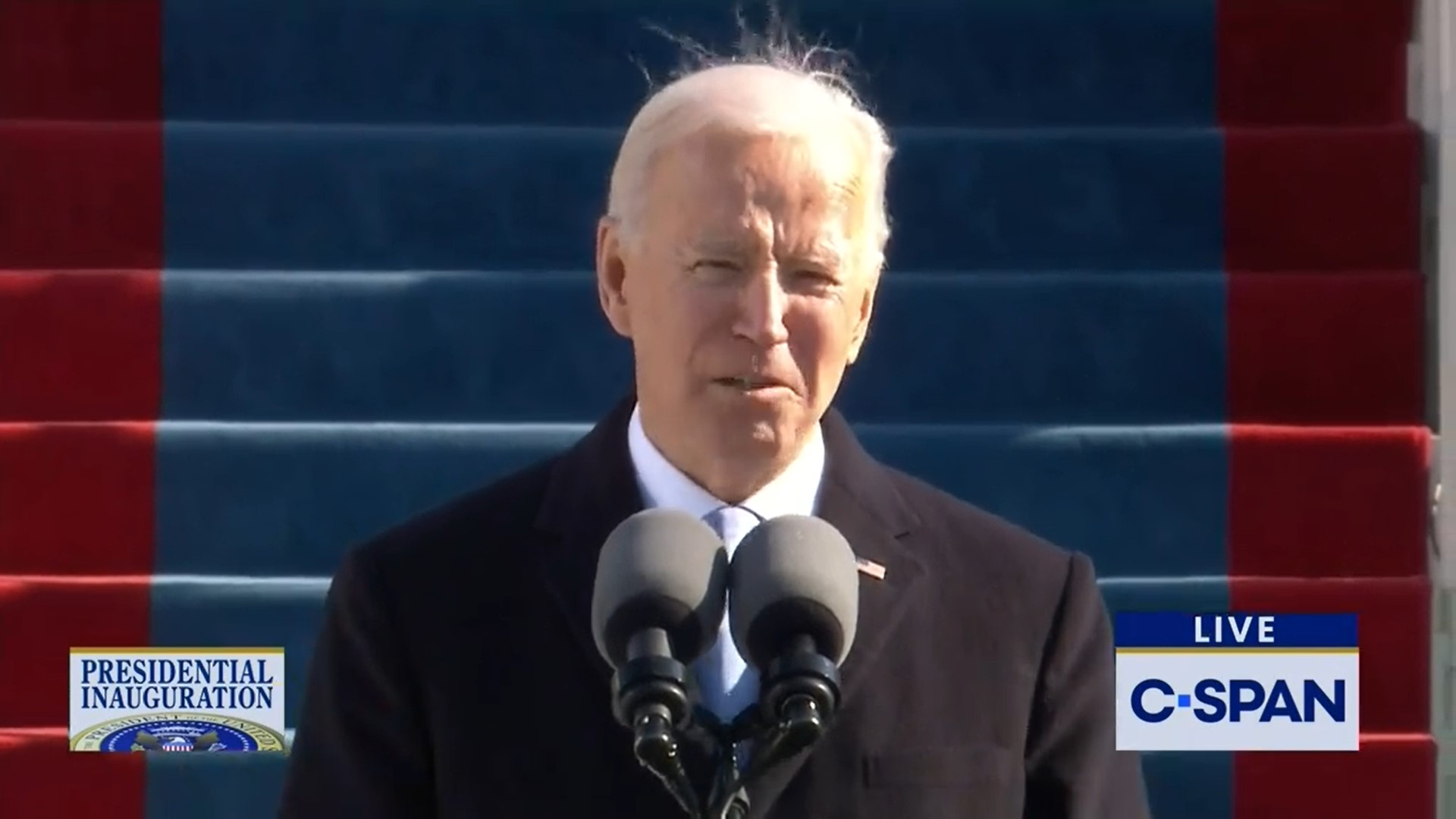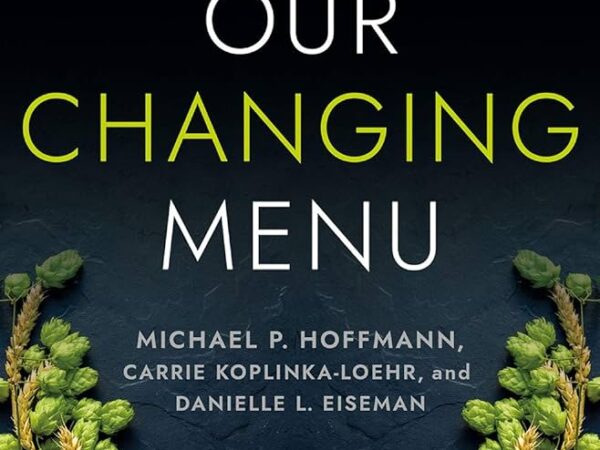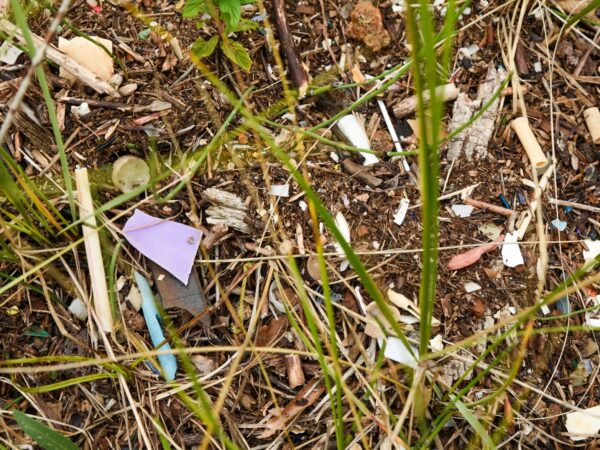
Water levels are swinging from one extreme to another. The Great Lakes are looking at an iceless, warm winter. Severe storms are hitting more frequently.
Climate change has been a contentious issue for the Great Lakes region – and the rest of the nation – as people debate the severity, impacts and need for action.
With President Joe Biden at the helm now, the role the U.S. will play in international efforts to reduce or reverse climate change has shifted.
“We are in a crisis,” Biden said in a speech introducing his climate team on Dec. 19. “Just as we need a unified national response to COVID-19, we need a unified national response to climate change. We need to meet the moment with the urgency it demands like we would during any national emergency.”
On his first day in office, he signed a number of executive orders into action – including rejoining the Paris climate accord, canceling the Keystone XL pipeline, and directing federal agencies to start reviewing and reinstating more than 100 environmental regulations weakened or rolled back by President Donald Trump.
Environmental experts explained to Great Lakes Now the way 13 of those in particular could affect the Great Lakes region here.
“We’ve just lost four years,” Michael Oppenheimer, a professor of geosciences and international affairs at Princeton University said to the New York Times. And the new rules “need to be stronger than the previous rules, or else the time lost by the Trump administration will not be regained.”
Biden also has pledged to put the United States on a path to achieve net zero carbon emissions by 2050. The United States is the second largest emitter of greenhouse gas in the world, and according to United Nations Secretary-General Antonio Guterres, U.S. leadership is critical in the global effort to reduce the effects of climate change.
Experts are expecting three major changes for the new administration to achieve that goal.
“The first is a transition to renewable power,” Samantha Williams said in an interview with Great Lakes Now. Williams directs the Clean Energy Program for the Natural Resources Defense Council’s Midwest region. “So we’ll be seeing big wind farms, big solar farms particularly built in rural parts of the region… The second is clean cars, and the third is cleaner and more efficient homes and buildings.”
On a state level, how proactive each state is regarding climate change action and carbon reduction varies wildly, from New York’s aggressive initiative to Ohio’s lack of a specific 20- to 30-year forward-looking plan addressing the issue.
Watch Great Lakes Now’s segment on Biden’s climate change agenda here:
API key not valid. Please pass a valid API key.Here is other Great Lakes Now work on climate change and energy:
Great Aspirations: Great Lakes states grapple with climate change and carbon
What the Biden Administration Might Mean For Water
What are Joe Biden’s views on two of the most controversial environmental projects in Minnesota?
Regulatory Rollbacks: Loss of federal water protections impacts Great Lakes region
State of the Lakes: Great Lakes stable, but rollbacks of protection will soon bite
What’s next for the Enbridge Line 3 project in Minnesota? Construction. And protests.
Featured image: President Joe Biden during his inaugural speech on Jan. 20, 2021. (Image from CSPAN)




